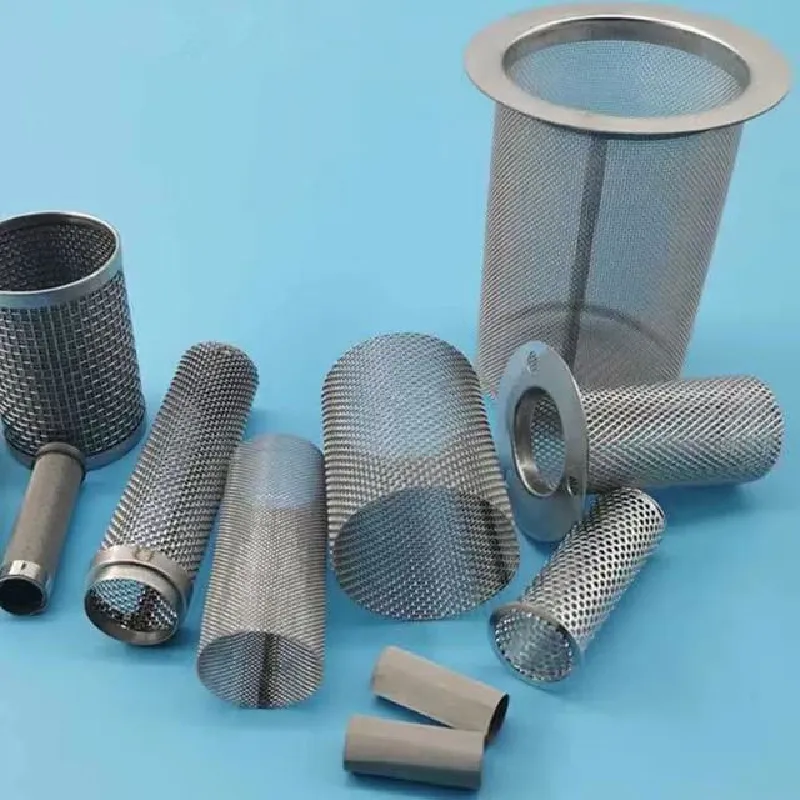Exploring the Benefits of Shade Nets for Crop Production and Sustainable Farming Practices
Shade Net for Farming Enhancing Crop Production and Sustainability
In recent years, sustainable farming practices have gained immense popularity as the agricultural sector seeks to adapt to changing climate conditions, optimize productivity, and reduce environmental impact. One innovation that has significantly contributed to these goals is the utilization of shade nets in farming. Shade nets, also known as shade cloths, are materials made from woven fabrics that block varying percentages of sunlight. They offer numerous benefits for both crops and farmers, making them a staple in modern agricultural practices.
Shade Net for Farming Enhancing Crop Production and Sustainability
Additionally, shade nets play a crucial role in protecting crops from extreme temperature fluctuations. During hot summer months, shade nets can help maintain cooler temperatures beneath their canopy, reducing heat accumulation in the soil. Conversely, in cooler months, these nets can provide a barrier against cold winds and frost, helping to create a more stable microclimate for plants. This temperature regulation is essential for promoting healthy growth and can significantly improve the overall productivity of farms.
shade net for farming

Moreover, shade nets contribute to water conservation in agriculture. In many regions, water scarcity is a pressing concern, and efficient water management is vital for sustainable farming. Shade nets reduce evaporation from the soil by creating a cooler environment and minimizing direct exposure to sunlight. This helps retain soil moisture, allowing farmers to water their crops less frequently while still ensuring adequate hydration. Consequently, this not only conserves water resources but also lowers irrigation costs for farmers.
Pest control is another critical area where shade nets prove beneficial. The use of shade nets can deter pests and birds that may harm delicate crops. By creating a physical barrier, these nets protect crops from unwanted visitors without relying on harmful pesticides. This aspect aligns with the growing movement towards organic farming and integrated pest management, promoting healthier crops while minimizing environmental pollutants.
Furthermore, shade nets can also be utilized in combination with other agricultural practices, such as vertical farming and hydroponics. Farmers can set up their shade nets in controlled environments to offer the right light conditions for various crops. This flexibility allows for greater experimentation and innovation in farming techniques, ultimately leading to a more resilient agricultural system.
In conclusion, shade nets represent a sustainable and effective solution for modern farming challenges. By regulating sunlight exposure, temperature, and moisture levels, these nets enhance crop resilience and productivity while conserving water and reducing the need for pesticides. As climate change continues to impact agricultural practices worldwide, integrating shade nets into farming systems will be vital for ensuring food security and environmental sustainability. Farmers looking to improve their yield and sustainability practices should consider the extensive benefits that shade nets offer in today's rapidly evolving agricultural landscape.
-
The Versatility of Stainless Steel Wire MeshNewsNov.01,2024
-
The Role and Types of Sun Shade SolutionsNewsNov.01,2024
-
Safeguard Your Space with Effective Bird Protection SolutionsNewsNov.01,2024
-
Protect Your Garden with Innovative Insect-Proof SolutionsNewsNov.01,2024
-
Innovative Solutions for Construction NeedsNewsNov.01,2024
-
Effective Bird Control Solutions for Every NeedNewsNov.01,2024












